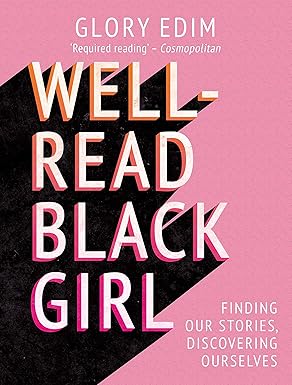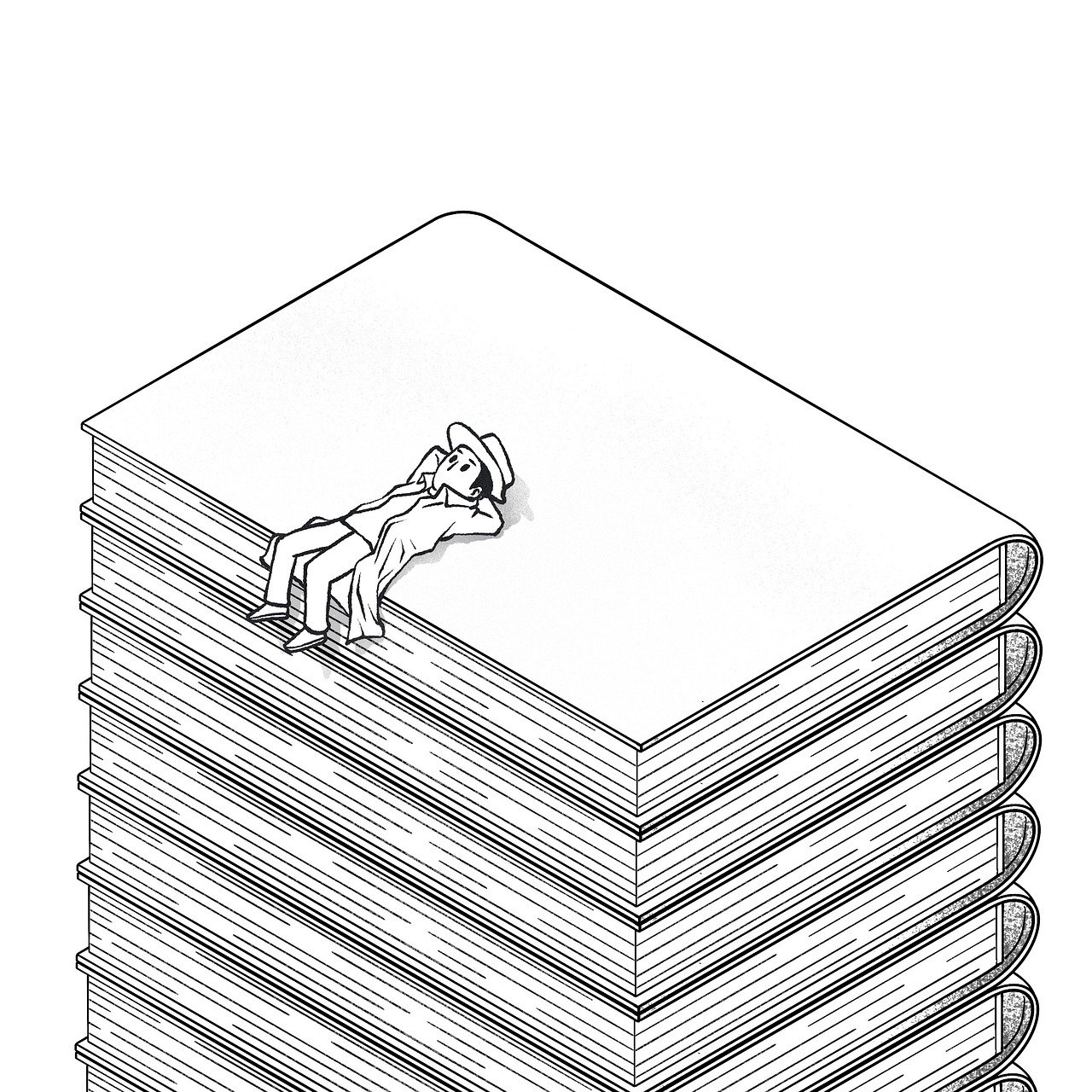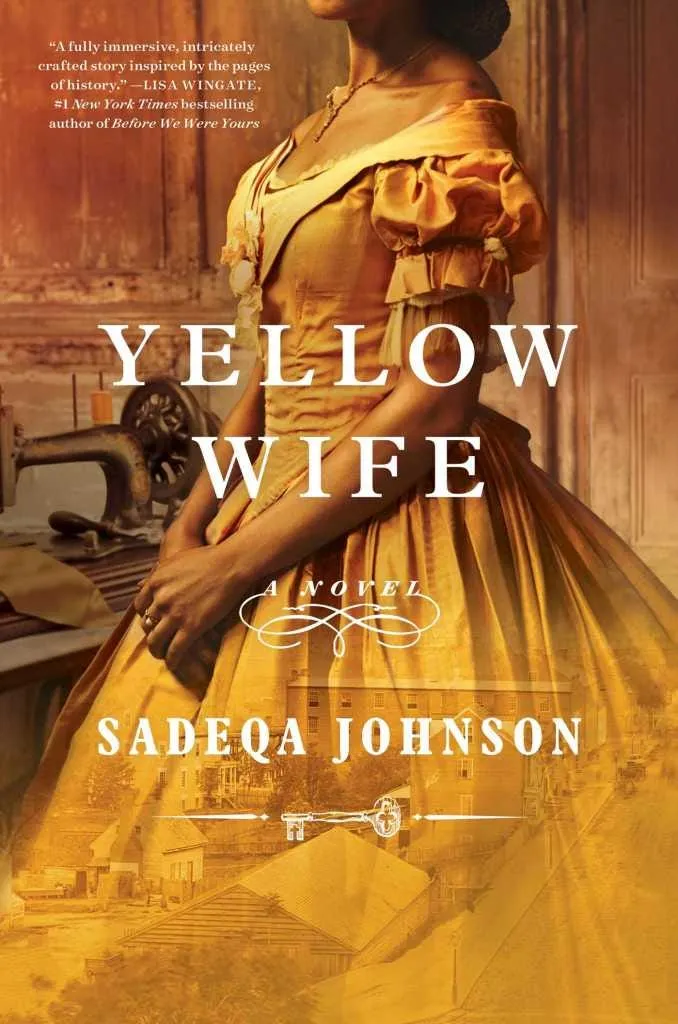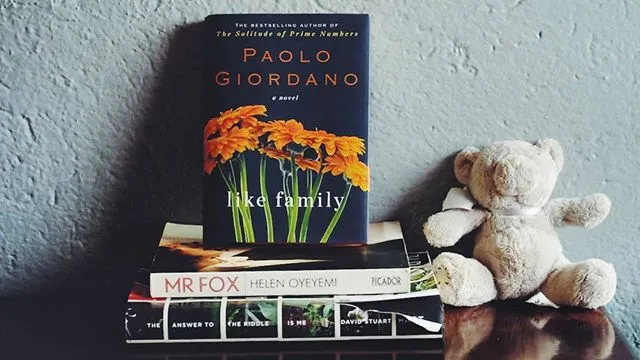To Be Black in America: 12 Books To Read About Racism


To be black in America is to be in a constant crisis, living a perpetual state of victimhood of body and mind, with pain and panic always camping close by.
To mark the beginning of black history month in the USA and in commemoration of it, I thought I would share some of the favourite books that touch upon the black American experience.
Affiliate Disclaimer: This post may contain affiliate links. That means that I may earn a small commission if you make a purchase after clicking on a qualifying link, at no extra cost to you. As an Amazon Associate, I earn from qualifying purchases
From powerful memoirs to must-read fiction, this is a diverse list of stirring reads from an array of thinkers and literary masters that have to land on your reading list:
White Fragility: Why It’s So Hard for White People to Talk About Racism by Robin DiAngelo
For Colored Girls Who Have Considered Suicide When the Rainbow Is Enuf by Ntozake Shange
Well-Read Black Girl: Finding Our Stories, Discovering Ourselves by Glory Edim & more
Barracoon: The Story of the Last “Black Cargo” by Zora Neale Hurston
Hood Feminism: Notes from the Women That a Movement Forgot by Mikki Kendall
Official synopses for the list of books (not written by me!) are provided below with links to their Amazon sales pages:
Between the World and Me by Ta-Nehisi Coates
In a profound work that pivots from the biggest questions about American history and ideals to the most intimate concerns of a father for his son, Ta-Nehisi Coates offers a powerful new framework for understanding our nation’s history and current crisis. Americans have built an empire on the idea of “race,” a falsehood that damages us all but falls most heavily on the bodies of black women and men-bodies exploited through slavery and segregation, and, today, threatened, locked up, and murdered out of all proportion. What is it like to inhabit a black body and find a way to live within it? And how can we all honestly reckon with this fraught history and free ourselves from its burden?
Between the World and Me is Ta-Nehisi Coates’s attempt to answer these questions in a letter to his adolescent son.
Frank Money is an angry, self-loathing veteran of the Korean War who, after traumatic experiences on the front lines, finds himself back in racist America with more than just physical scars. His home may seem alien to him, but he is shocked out of his crippling apathy by the need to rescue his medically abused younger sister and take her back to the small Georgia town they come from and that he’s hated all his life. As Frank revisits his memories from childhood and the war that have left him questioning his sense of self, he discovers a profound courage he had thought he could never possess again.
A deeply moving novel about an apparently defeated man finding his manhood — and his home.
White Fragility: Why It’s So Hard for White People to Talk About Racism by Robin DiAngelo
Referring to the defensive moves that white people make when challenged racially, white fragility is characterized by emotions such as anger, fear, and guilt and by behaviors including argumentation and silence. These behaviors, in turn, function to reinstate white racial equilibrium and prevent any meaningful cross-racial dialogue. In this in-depth exploration, anti-racist educator Robin DiAngelo examines how white fragility develops, how it protects racial inequality, and what can be done to engage more constructively.
The women in these stories live lives of privilege and of poverty, are in marriages both loving and haunted by past crimes or emotional blackmail. A pair of sisters, grown now, have been inseparable ever since they were abducted together as children, and must negotiate the elder sister’s marriage. A woman married to a twin pretends not to realize when her husband and his brother impersonate each other. A stripper putting herself through college fends off the advances of an overzealous customer. A black engineer moves to Upper Michigan for a job and faces the malign curiosity of her colleagues and the difficulty of leaving her past behind. From a girls’ fight club to a wealthy subdivision in Florida where neighbors conform, compete, and spy on each other, Gay delivers a wry, beautiful, haunting vision of modern America reminiscent of Merritt Tierce, Jamie Quatro, and Miranda July.
The Vanishing Half by Brit Bennett
The Vignes twin sisters will always be identical. But after growing up together in a small, southern black community and running away at age sixteen, it’s not just the shape of their daily lives that is different as adults, it’s everything: their families, their communities, their racial identities. Many years later, one sister lives with her black daughter in the same southern town she once tried to escape. The other secretly passes for white, and her white husband knows nothing of her past. Still, even separated by so many miles and just as many lies, the fates of the twins remain intertwined. What will happen to the next generation, when their own daughters’ storylines intersect?
For Colored Girls Who Have Considered Suicide When the Rainbow Is Enuf by Ntozake Shange
From its inception in California in 1974 to its highly acclaimed critical success at Joseph Papp’s Public Theater and on Broadway, the Obie Award-winning for colored girls who have considered suicide/when the rainbow is enuf has excited, inspired, and transformed audiences all over the country. Passionate and fearless, Shange’s words reveal what it is to be of color and female in the twentieth century. First published in 1975 when it was praised by The New Yorker for “encompassing…every feeling and experience a woman has ever had,” for colored girls who have considered suicide/when the rainbow is enuf will be read and performed for generations to come. Here is the complete text, with stage directions, of a groundbreaking dramatic prose poem written in vivid and powerful language that resonates with unusual beauty in its fierce message to the world.
A Promised Land by Barack Obama
A Promised Land is extraordinarily intimate and introspective-the story of one man’s bet with history, the faith of a community organizer tested on the world stage. Obama is candid about the balancing act of running for office as a Black American, bearing the expectations of a generation buoyed by messages of “hope and change,” and meeting the moral challenges of high-stakes decision-making. He is frank about the forces that opposed him at home and abroad, open about how living in the White House affected his wife and daughters, and unafraid to reveal self-doubt and disappointment. Yet he never wavers from his belief that inside the great, ongoing American experiment, progress is always possible.
This beautifully written and powerful book captures Barack Obama’s conviction that democracy is not a gift from on high but something founded on empathy and common understanding and built together, day by day.
It is the last season of high school life for Nadia Turner, a rebellious, grief-stricken, seventeen-year-old beauty. Mourning her own mother’s recent suicide, she takes up with the local pastor’s son. Luke Sheppard is twenty-one, a former football star whose injury has reduced him to waiting tables at a diner. They are young; it’s not serious. But the pregnancy that results from this teen romance-and the subsequent cover-up-will have an impact that goes far beyond their youth. As Nadia hides her secret from everyone, including Aubrey, her God-fearing best friend, the years move quickly. Soon, Nadia, Luke, and Aubrey are full-fledged adults and still living in debt to the choices they made that one seaside summer, caught in a love triangle they must carefully maneuver, and dogged by the constant, nagging question: What if they had chosen differently? The possibilities of the road not taken are a relentless haunt.
Claudia Rankine’s bold new book recounts mounting racial aggressions in ongoing encounters in twenty-first-century daily life and in the media. Some of these encounters are slights, seeming slips of the tongue, and some are intentional offensives in the classroom, at the supermarket, at home, on the tennis court with Serena Williams and the soccer field with Zinedine Zidane, online, on TV-everywhere, all the time. The accumulative stresses come to bear on a person’s ability to speak, perform, and stay alive. Our addressability is tied to the state of our belonging, Rankine argues, as are our assumptions and expectations of citizenship. In essay, image, and poetry, Citizen is a powerful testament to the individual and collective effects of racism in our contemporary, often named “post-race” society.
Well-Read Black Girl: Finding Our Stories, Discovering Ourselves by Glory Edim & more
An inspiring collection of essays by black women writers, curated by the founder of the popular book club Well-Read Black Girl, on the importance of recognizing ourselves in literature.
Remember that moment when you first encountered a character who seemed to be written just for you? That feeling of belonging can stick with readers the rest of their lives-but it doesn’t come around as frequently for all of us. In this timely anthology, “well-read black girl” Glory Edim brings together original essays by some of our best black female writers and creative voices to shine a light on how we search for ourselves in literature, and how important it is that everyone-no matter their gender, race, religion, or abilities-can find themselves there. Whether it’s learning about the complexities of femalehood from Their Eyes Were Watching God, seeing a new type of love in The Color Purple, or using mythology to craft an alternative black future, each essay reminds us why we turn to books in times of both struggle and relaxation. As she has done with her incredible book-club-turned-online-community Well-Read Black Girl, in this book, Edim has created a space where black women’s writing and knowledge and life experiences are lifted up, to be shared with all readers who value the power of a story to help us understand the world, and ourselves.
Barracoon: The Story of the Last “Black Cargo” by Zora Neale Hurston
In 1927, Zora Neale Hurston went to Plateau, Alabama, just outside Mobile, to interview eighty-six-year-old Cudjo Lewis. Of the millions of men, women, and children transported from Africa to America as slaves, Cudjo was then the only person alive to tell the story of this integral part of the nation’s history. Hurston was there to record Cudjo’s firsthand account of the raid that led to his capture and bondage fifty years after the Atlantic slave trade was outlawed in the United States.
In 1931, Hurston returned to Plateau, the African-centric community three miles from Mobile founded by Cudjo and other former slaves from his ship. Spending more than three months there, she talked in depth with Cudjo about the details of his life. During those weeks, the young writer and the elderly formerly enslaved man ate peaches and watermelon that grew in the backyard and talked about Cudjo’s past-memories from his childhood in Africa, the horrors of being captured and held in a barracoon for selection by American slavers, the harrowing experience of the Middle Passage packed with more than 100 other souls aboard the Clotilda, and the years he spent in slavery until the end of the Civil War.
Based on those interviews, featuring Cudjo’s unique vernacular, and written from Hurston’s perspective with the compassion and singular style that have made her one of the preeminent American authors of the twentieth-century, Barracoon masterfully illustrates the tragedy of slavery and of one life forever defined by it. Offering insight into the pernicious legacy that continues to haunt us all, black and white, this poignant and powerful work is an invaluable contribution to our shared history and culture.
Hood Feminism: Notes from the Women That a Movement Forgot by Mikki Kendall
Today’s feminist movement has a glaring blind spot, and paradoxically, it is women. Mainstream feminists rarely talk about meeting basic needs as a feminist issue, argues Mikki Kendall, but food insecurity, access to quality education, safe neighborhoods, a living wage, and medical care are all feminist issues. All too often, however, the focus is not on basic survival for the many, but on increasing privilege for the few. That feminists refuse to prioritize these issues has only exacerbated the age-old problem of both internecine discord and women who rebuff at carrying the title. Moreover, prominent white feminists broadly suffer from their own myopia with regard to how things like race, class, sexual orientation, and ability intersect with gender. How can we stand in solidarity as a movement, Kendall asks, when there is the distinct likelihood that some women are oppressing others?


















I have always wanted to read A Vanishing Half
Years after I read it, it still comes to my mind. An absolutely gorgeous book.